Friends-
This is the fourth time I have had the privilege of addressing the UoH community on the occasion of Republic Day. Like all anniversaries, this provides for a stocktaking and gives an opportunity to reflect upon our goals as a university.
 My inspiration for the few words I wish to share with you today come from our Chancellor, Prof. C H Hanumantha Rao (see the previous post) who’s term formally came to a close earlier this month. Hanumantha Rao-garu has been a wise counsel, an elder on whom we could always bank upon at all times, not just times of crisis. Recently, when he was speaking of his alma mater, the Delhi School of Economics, he recalled the early days of the School and the founder, Dr. V K R V Rao, and some of the ideals that guided the formation of that great institution.
My inspiration for the few words I wish to share with you today come from our Chancellor, Prof. C H Hanumantha Rao (see the previous post) who’s term formally came to a close earlier this month. Hanumantha Rao-garu has been a wise counsel, an elder on whom we could always bank upon at all times, not just times of crisis. Recently, when he was speaking of his alma mater, the Delhi School of Economics, he recalled the early days of the School and the founder, Dr. V K R V Rao, and some of the ideals that guided the formation of that great institution.
The main impetus to form such an institution- indeed the main aim we should have for our own university- is to have a place where “scholars can enjoy freedom of thought and expression”. This is important in order for them to be able to contribute to policy-making in a fearless manner, he pointed out, but I would add, it is important also that scholars should have complete freedom of thought, speech and expression so that they can create new modes of thinking, new works, and lead others to think along new and creative lines. At a time when freedom of expression can be curbed in so many ways, it is necessary to underscore the importance of spaces such as our University.
A second ideal that will strike a chord with all of us is the goal of achieving academic excellence. There are so many ways of achieving this goal, and all of them are difficult. Bringing together a group of excellent and committed individuals is one way, but that has its own challenges. To a very large extent, our University did try that route and some of the initial faculty were truly stellar. Keeping up the tempo is more of a challenge, and we are only slowly recognizing the difficulty of this path to academic excellence, the need to keep building up and maintaining a team of competent faculty. It is also important to not flag, and to not give up in any dimension of endeavour…
 A third ideal which VKRV Rao appears to have passionately held and communicated to teachers and students was a dedication to social commitment, which Prof. Hanumantha Rao says he thought was as important as technical competence. I think that it is necessary to recall this most strongly in these very trying days- the pursuit of individual goals has slowly but surely weakened this social commitment, and this has not been to our advantage as a society which continues to face nearly as many challenges today as it did forty years ago when our University was founded.
A third ideal which VKRV Rao appears to have passionately held and communicated to teachers and students was a dedication to social commitment, which Prof. Hanumantha Rao says he thought was as important as technical competence. I think that it is necessary to recall this most strongly in these very trying days- the pursuit of individual goals has slowly but surely weakened this social commitment, and this has not been to our advantage as a society which continues to face nearly as many challenges today as it did forty years ago when our University was founded.
It is interesting that one means of achieving this, in the eyes of VKRV Rao, was in an “interdisciplinary approach in addressing socio-economic problems”. I need hardly emphasise that we too share this ideal in our University, and in the way in which we have developed in the past few decades, in particular under the rubric of the University with Potential for Excellence. Much as we bridle under the implications of the word “Potential” in the phrase, it should be acknowledged that it is fair: our goals of excellence are some distance away and need our concentrated and concerted efforts.
Our University has recently been awarded an additional grant under the UPE scheme, a grant that will help us better realize the goal of providing space to explore scholarship with complete freedom. We should use this to reach the excellence we are capable of. One of the things we need, paradoxically, is more spaces to study and more spaces where we can train ourselves to meet the challenges of the outside world. The University is committed to providing these and in the near future, we plan to construct a Reading Room in the South Campus (it would be fitting to name it after Savitribai Phule when it is done). A second structure that is planned is the Samatha Bhavan, a unified space where students can come together to train themselves and be trained in dimensions – other than just academics – that are needed in order to be better prepared when they leave the University.
As before, I would also like to draw our attention to the very special privileges that being at a comprehensive University such as ours give us all automatically. The University is very young and has just started along its path of growth- we need to pay special attention to how we expand and how we share our good fortune with others who have less by way of facilities, infrastructure and expertise. The UoH has a leadership role to play in the community of Universities, and we should find the way to do so responsibly, as well as to do this with generosity.
 We have many goals as a University, the main one being to provide a space where there can be complete freedom of thought, and the freedom to explore all scholarly modes of expression. This needs both dedication as well as imagination, catalyzed by collaboration across disciplines. No discipline has all the answers- indeed no discipline has all the questions! We should see how best to use our freedom for public good- not just in terms of educating larger numbers of our citizenry, but also to bring about important interventions in the public space and to mold public policy, thereby strengthening the fabric of the Republic.
We have many goals as a University, the main one being to provide a space where there can be complete freedom of thought, and the freedom to explore all scholarly modes of expression. This needs both dedication as well as imagination, catalyzed by collaboration across disciplines. No discipline has all the answers- indeed no discipline has all the questions! We should see how best to use our freedom for public good- not just in terms of educating larger numbers of our citizenry, but also to bring about important interventions in the public space and to mold public policy, thereby strengthening the fabric of the Republic.
Jai Hind!


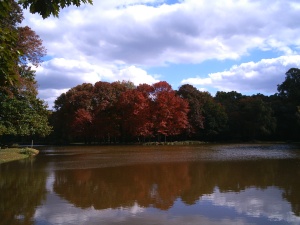
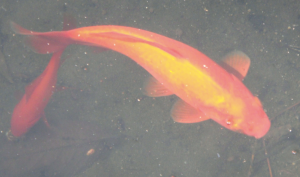
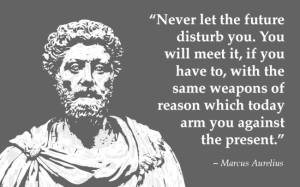
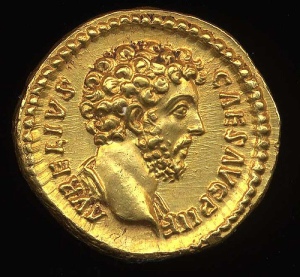

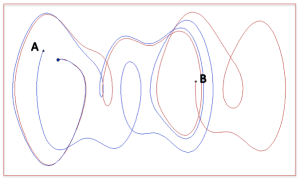



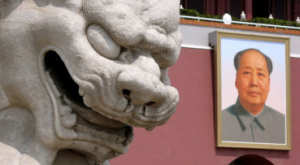


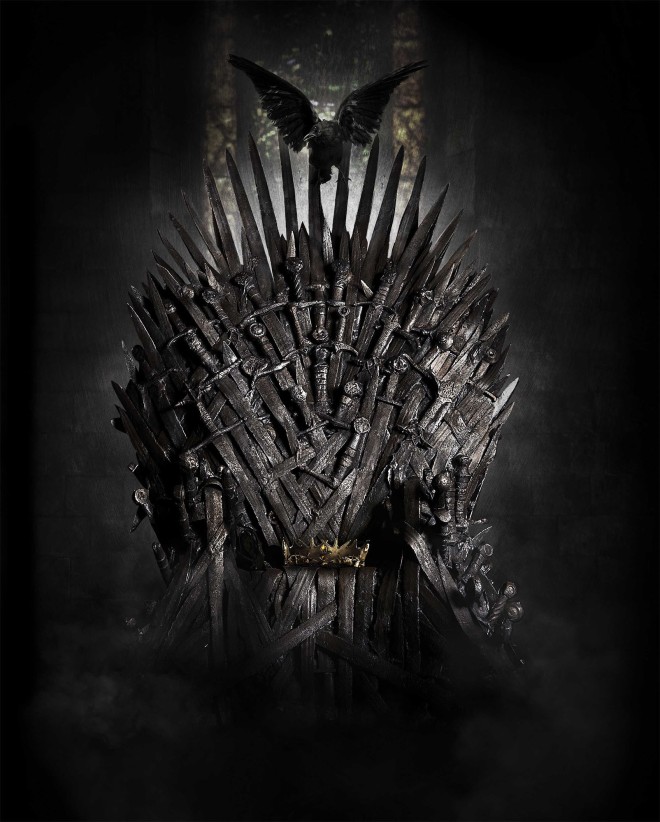
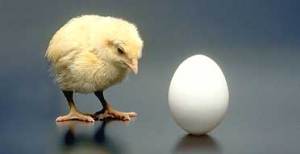 One of the questions playing on my mind, for instance is how many Schools of study should there be in the University? At present we have 12, but clearly we don’t cover all the areas of studies that a University should or could have. The manner in which we grow is therefore important, and there are many models that are available to us. There is admittedly a chicken and egg situation: What should one do first? We could decide by fiat or by committee (a near impossibility!) as to what is desirable. Or we could start courses- hit the ground running- and then worry about getting faculty. Or we can wait for someone else to tell us what to do. As it happens, all these models have been employed at the UoH at one time or the other in the past, and there is always an
One of the questions playing on my mind, for instance is how many Schools of study should there be in the University? At present we have 12, but clearly we don’t cover all the areas of studies that a University should or could have. The manner in which we grow is therefore important, and there are many models that are available to us. There is admittedly a chicken and egg situation: What should one do first? We could decide by fiat or by committee (a near impossibility!) as to what is desirable. Or we could start courses- hit the ground running- and then worry about getting faculty. Or we can wait for someone else to tell us what to do. As it happens, all these models have been employed at the UoH at one time or the other in the past, and there is always an 
 Clearly, given the nature of the Wikipedia project, in the end we alone are responsible for this. I know that several of us at the University contribute to Wikipedia- in fact there are regular meetings of the Telugu Wikipedians at the Golden Threshold campus- but it remains a reality that the existing
Clearly, given the nature of the Wikipedia project, in the end we alone are responsible for this. I know that several of us at the University contribute to Wikipedia- in fact there are regular meetings of the Telugu Wikipedians at the Golden Threshold campus- but it remains a reality that the existing 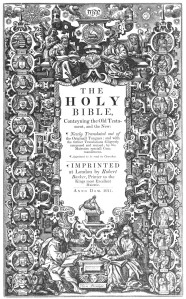 Most of the
Most of the 


